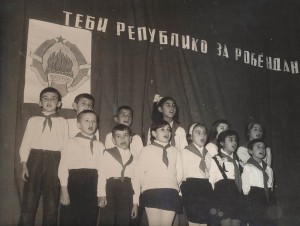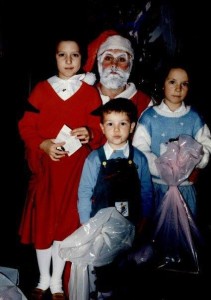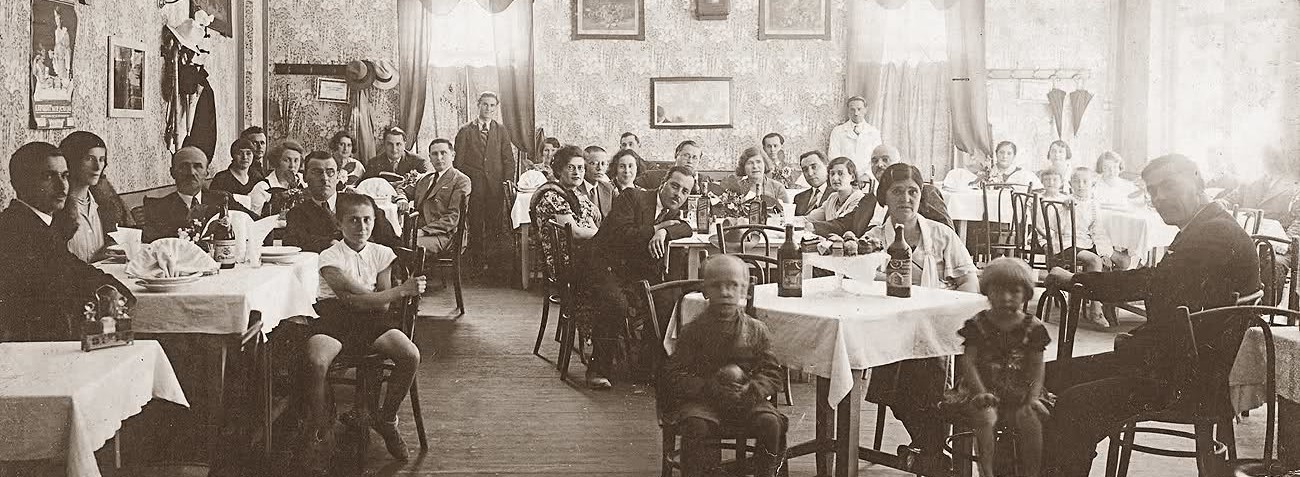
The Youngest Yugoslavs: An Oral History of Post-Socialist Memory is a collection of interviews with the last generation of Yugoslavs, those born between 1971 and 1991. The volume showcases how these individuals remembered their childhoods during the final decades of socialism and how they conceptualized the lasting impact Yugoslavia has had on their lives. The collection gives readers the opportunity to explore why Yugoslavia resonated so prominently in the memories of this generation thirty years since the state collapsed amidst war, genocide, and dislocation. It also offers insights into how these individuals reconciled with the loss of homeland and navigated the world after Yugoslavia.
The Youngest Yugoslavs argues that those born in the last 20 years of Yugoslavia’s existence constitute a distinct generational group with specific experiences. One definitive experience was growing up as the second generation born in the postwar state with a rich mainstream culture, an enshrined multicultural society that celebrated ethnic, religious, and national difference, and an inherited sense of belonging. Another experience was state dissolution and war. This moment impacted everyone differently, but it uncoupled the connection between place and identity for all members of this generation before they had even come of age. The third distinctive experience is that members of this youngest cohort have now lived more than half of their lives in the post-Yugoslav world. All have established new homes, but they do not necessarily feel at home. As a result, many interviewees looked back on their childhood in Yugoslavia with hopefulness about the lives they might have led had the state remained unified.

The Youngest Yugoslavs also argues that the past offers multiple meanings to this generation. Since the Yugoslav Wars, they have reached middle age, settled across the world, and reckoned with their relationship to their former homeland. The oldest of the group were in their early 50s and the youngest were in their early 30s at the time the interviews took place. Sime of the interviewees were rooted in the region, others had moved far from it, and there were those who remained itinerant. When they remembered Yugoslavia and their childhoods, they usually interpreted the past in one of three ways. First, they ascribed Yugoslavia with a sense of belonging at the level of the neighborhood, the state, and the cultural community. Second, they associated Yugoslavia with safety, well-being, and the promise of future opportunities. Third, they identified specific ideological pillars of former Yugoslavia’s society that continued to be relevant to their lives today. While they often contrasted their present realities to their memories of the past, they also thought critically about the factors that led to the end of Yugoslavia and their childhoods in it. The interviewees engaged with their own history as scholars of the region, through creative ventures like film and music, and via personal journeys of discovery. In the end, most interviewees found Yugoslavia to be a potential well for reconciliation, rebuilding, and reclaiming the past from the shadow of war. Ultimately, The Youngest Yugoslavs shows that, for most interviewees, Yugoslavia had left a legacy and continued to be compelling idea for the future.
Support of research and writing
The project has been generously supported by a fellowship to Serbia from the American Councils Title VIII Research Scholar Program as well as several Incentive Grants from SUNY Geneseo’s Office of Sponsored Research.
I’ve presented portions of this project at meetings of the Association for Slavic, East European, and Eurasian Studies and the Oral History Association as well as at SUNY Geneseo.
